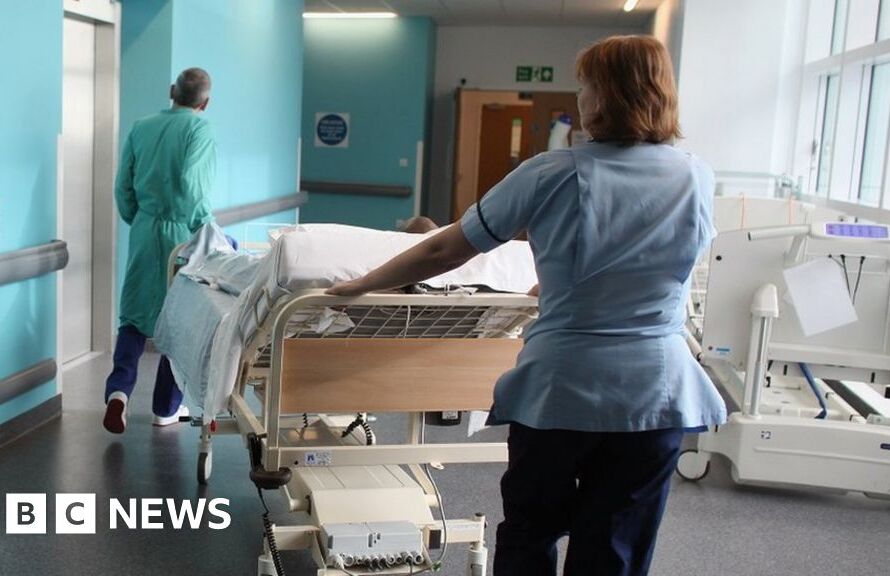AI processes could detect early-stage lung cancer from unstructured medical notes
Clinithink – a company that has developed artificial intelligence (AI) capable of understanding unstructured medical notes – is collaborating with AstraZeneca (AZ) Oncology UK on a project which aims to find patients with lung cancer at a sufficiently early stage when treatment can be more effective.
The research, which is funded by AZ, hopes to demonstrate potential savings based on a novel AI approach, while also identifying benefits for patients in being treated earlier in the disease process. It also aims to identify patients that could benefit from lung disease screening, leading to earlier diagnosis of the disease – potentially improving patient outcomes, increasing rates of survival and reducing costs for the NHS.
Currently, the cost of lung cancer to the UK economy is significant and there are higher costs associated with treating patients at an advanced stage.
The initial stage of the project is a retrospective analysis of patients’ unstructured electronic medical records to see if it is appropriate use the AI technology, before identifying both symptomatic and asymptomatic patients who are in early stages of the disease.
Consequently, the outputs will then be used to develop predictive models that flag high risk individuals at a more treatable stage of disease and also reducing the intensity of treatment needed.
Chris Tackaberry, chief executive officer at Clinithink, explained: “Harnessing and understanding unstructured medical data creates enormous opportunities to transform the treatment of disease, reduce NHS costs and improve population health. Our technology, CLiX unlock, can process millions of detailed medical records in hours – a process which would take years if completed manually – to deliver valuable clinical insights.
“We hope to use the insights uncovered in this real-world evidence study to develop predictive models that will flag high-risk individuals at a much earlier, more treatable, stage of disease – when neither they nor their GP know they have lung cancer, or even suspect it,” he added.
Dr Satoshi Hori, oncology medical affairs head at AZ Oncology UK, concluded: “Addressing healthcare ecosystem challenges to enable earlier detection and diagnosis of cancer is one of our UK oncology missions. Focusing specifically on early detection of lung cancer, our partnership with Clinithink is a great example within AZ Oncology of an external partnership with the common goal of improving UK cancer outcomes.”
Lung cancer is the UK’s second most common cancer and each year almost 35,000 people die from the disease.


